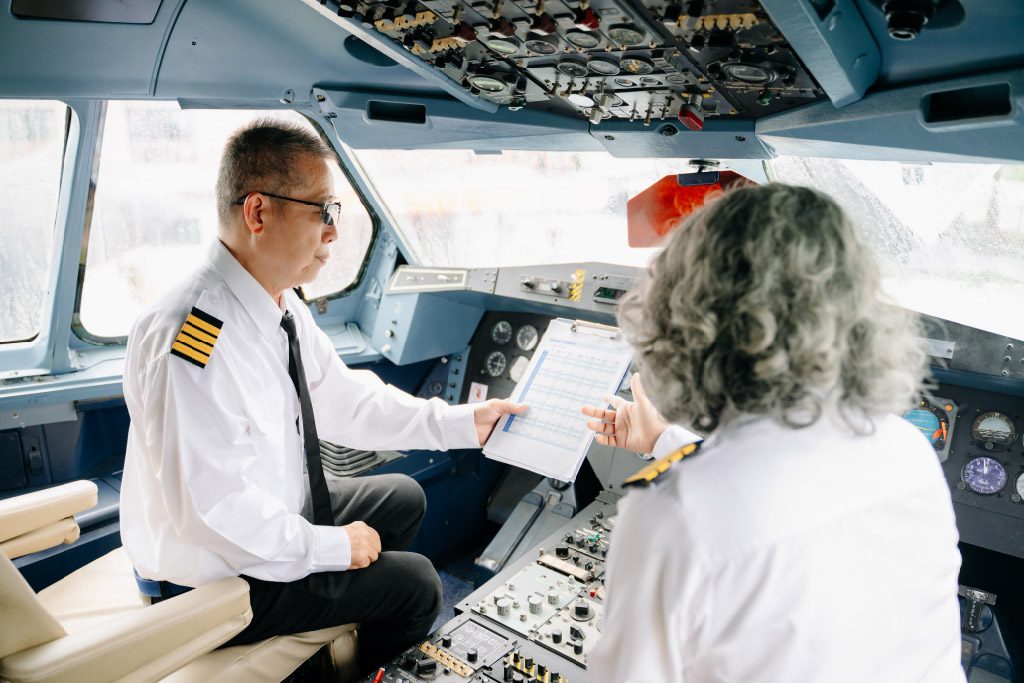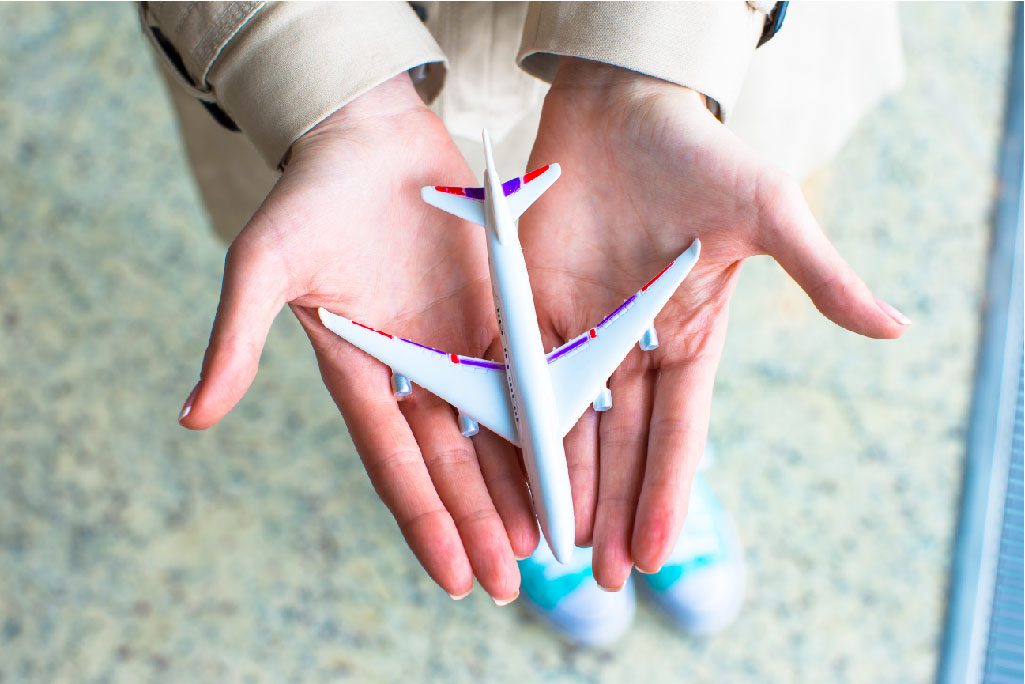Medical certificates are proof that the physician has inspected the pilot and given the all-clear to take off. Additionally, it demonstrates that the applicant does not pose a serious health risk to other people or themselves when flying.
To operate as pilot-in-command (PIC), or as a necessary crew member of an aircraft, all pilots must possess an FAA Airman Medical Certificate, also known as just a medical. Although a student does not need a medical to receive flight instruction, they must fulfill the requirements of their flight training for solo flights. Let’s look at the many kinds of medical certificates when they expire and renew, and the specifics of the FAA Medical Exam.
FAA Medical Certificate Types:
- Second-Class Medical Certification
- Third-Class Medical Certification
- First-Class Medical Certification
- BasicMed

First-Class Medical Certification:
Those who want to work as commercial airline pilots or in other highly sought-after positions in the aviation business must possess the FAA (Federal Aviation Administration) First Class Medical Certificate. It is the highest type of medical certificate that the FAA issues and certifies that the bearer is both mentally and physically capable of operating an airplane.
Second-Class Medical Certification:
What is the difference between the First- and the Second-Class?
Devices classified as Class I are thought to pose a minimal risk, while those classified as Class II pose a considerable risk. Class I medical devices are governed by less strict regulations than class II medical devices, and they comprise the majority of medical devices available on the market.
For whom is it needed?
Generally, any individual with a current pilot’s license who wishes to use their privileges as a licensed pilot (private, commercial, and airline transport pilots) may apply for this medical certificate; however, additional requirements may apply based on the aviation authority issuing the certificate.
Third-Class Medical Certification:
For whom is it needed?
For recreational pilots, student pilots, and private pilots who fly for fun or personal use only (not for hire), a third-class medical certificate is sufficient.
What Are the Disqualifications for a Third-Class Medical Certificate?
- Color Blindness: You can still obtain a medical certificate and become a licensed pilot, but it will be restricted to not flying at night or with color signal controls.
- He/she has a history of heart disease or any other circulation issues that could make flying challenging.
- The candidate cannot have uncontrolled hypertension because that could result in a stroke while in flight, which would make them unsafe to fly in the future.
- Applicants with high blood pressure or aneurysms are not eligible to fly because of the risk of sudden death from these conditions while in the air.
- Additionally, candidates with brain tumors, diabetes, epilepsy, or epilepsy may not be eligible for a third-class medical certificate.

What Qualifications Are Needed to Get a Third-Class Medical Certificate?
Applicants seeking a third-class medical certificate must adhere to all FAA regulations. They have to adhere to the following guidelines to do that:
- A third-class medical certificate requires you to be at least 16 years old, while there is no maximum age.
- You must be able to read, write, speak, and comprehend basic math problems in addition to having completed your high school education or earning a GED.
- An ophthalmologist or optometrist with normal color vision is required to examine your eyes and check for any abnormalities or disorders of the optical system, such as cataracts, glaucoma, or other conditions.
- A medical examination by a doctor licensed by the Federal Aviation Authority to practice medicine is required. An assessment of your heart and blood pressure as well as any possible present ailments must be part of the physical examination.
How to Apply for a Third-Class Medical Certificate?
Getting a third-class medical certificate requires six steps. The following procedures must be followed by applicants to receive a third-class medical certificate:
- Speak with an ophthalmologist to schedule an examination of the eyes, a color vision test, and other necessary tests to rule out illnesses of the optical system such as cataracts, glaucoma, or other anomalies.
- Request a reference letter from your flight instructor or any US-licensed physician.
- Make an appointment to have your physical examination performed by a doctor who holds a Federal Aviation Authority license.
- After that, a Medical Application for a Third Class Medical Certificate must be completed.
- Pick up your medical exam from the doctor and send it to the FAA by mail.
- After that, you’ll need to pay for and wait for your medical certificate.
What Is the Price of Obtaining a Third Class Medical Certificate?
The cost of obtaining the certificate and the location you live in affect the fees. Certain medical checks, like a blood test or an eye exam, could be less expensive than others.
In terms of total expenses, the process will run you between $75 to $150, based on where you live and how long the medical examination takes.
BasicMed
If they fulfill specific standards, pilots can fly under BasicMed instead of an FAA medical certificate. You can read more about BasicMed in our next article.



















